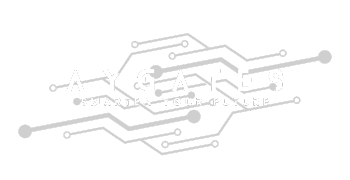Blockchain technology, known primarily for powering cryptocurrencies, is now making significant strides in various business sectors. Here’s how blockchain is shaping the future of business:
1. Enhanced Transparency
Blockchain’s decentralized nature ensures that all transactions are recorded on a public ledger, providing unparalleled transparency. This feature is particularly valuable in supply chain management, where it can track products from origin to destination.
2. Improved Security
Blockchain technology uses cryptographic algorithms to secure data, making it highly resistant to hacking and fraud. This level of security is crucial for protecting sensitive business information and financial transactions.
3. Efficient Transactions
By eliminating the need for intermediaries, blockchain can facilitate faster and more cost-effective transactions. This is especially beneficial in industries like finance and real estate, where traditional processes are often slow and costly.
4. Smart Contracts
Smart contracts are self-executing contracts with the terms directly written into code. They automate and enforce agreements, reducing the need for intermediaries and minimizing the risk of fraud.
5. Decentralized Applications (DApps)
Blockchain enables the development of decentralized applications that operate on peer-to-peer networks. These applications offer increased security, transparency, and user control compared to traditional centralized apps.
Conclusion
The future of blockchain in business holds the potential to revolutionize various aspects of business operations by enhancing transparency, security, and efficiency. As more industries begin to adopt blockchain technology for business, its impact will continue to grow, driving innovation and transformation.






